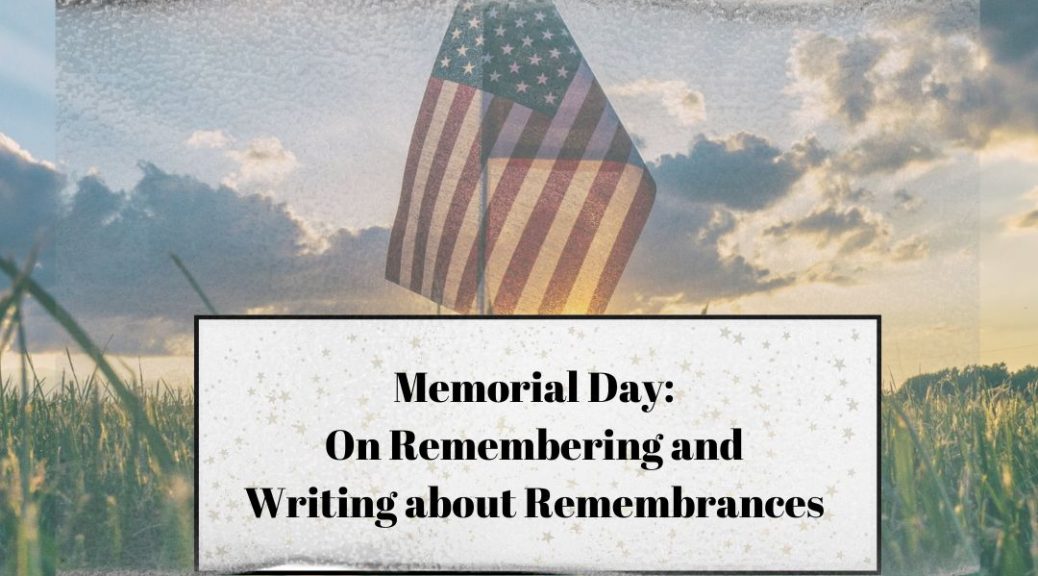
Memorial Day: On Remembering and Writing about Remembrances
I played cards with his parents.
I sabotaged his daughter’s wedding.
I lived with his sister.
He called me on the phone.
We talked about wars:
the one he was born into
and the one he volunteered for
and the ones he started.
Today, I struggle for words.
Today is the day Earl Nash died.
Memorial Day 2024.
He was my uncle.
He made hard choices:
bad choices,
good choices.
Isn’t this the story of all our lives?
He did great things.
I knew him.
And also, I didn’t know him.
We were distant.
Over the past few years, his health has been declining.
He has been lying in bed, one leg amputated. He was removed from his home and cared for by nurses. He had multiple strokes. He has been unconscious. Then he has woken up. Again and again. His hearing was fading.
I had not talked to him in some time.
But there was a time when I reached out.
He always fascinated me. His life story. His time in Vietnam. I wanted to know more, so I asked.
My son is named after him, after his father, after my mom, after that whole line of family, of which Earl was the last man.
“Happy Memorial Day,” I say.
And someone else reminds that it’s not a happy day. I know that Memorial Day is a day to remember those who died while serving. I know that death is sad, but hopefully there are happy memories attached to the lives that lived.
Hopefully we can see what is good.
…
Memories are the hardest to write. So easily, we slip into sentimentality.
Sentimentality does not easily transfer from writer to reader. We want to overexplain, or we don’t say enough. We can’t separate ourselves from the meaning of our memories.
We must let our reader know our beloved for themselves.
We must be simple: He was my uncle.
We must be true: I am sad because he is no longer here. I am glad that he is no longer suffering.
We must see the greater story, the story that is beyond us.
We must allow our experiences and the people we knew to become important to the person who is reading. We must relive our memories, while removing ourselves from them, in order to give them fully.
This is not easy.
We must remember that the things we are given are not always meant to be widely given.
Sometimes they are just for us,
and in that way we can give them back.
As we live, we can share our lives,
which are always shaped by the ones we love,
molded somehow by the ones we know
and the ones we didn’t know.
Background Photo by Aaron Burden on Unsplash